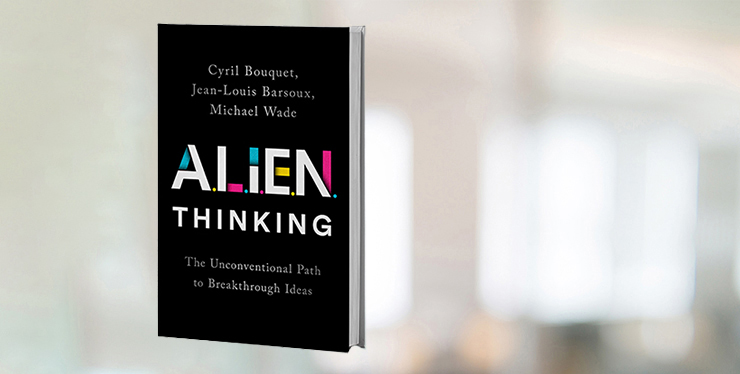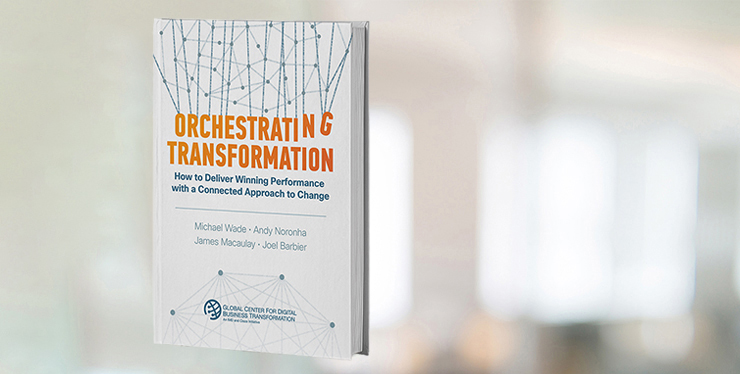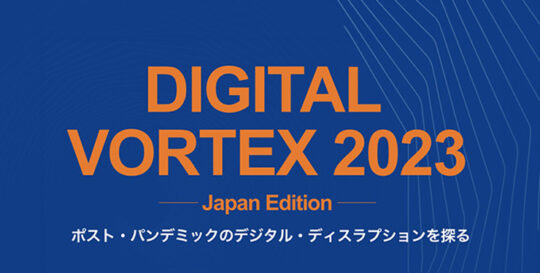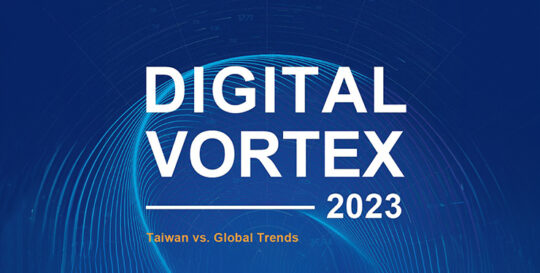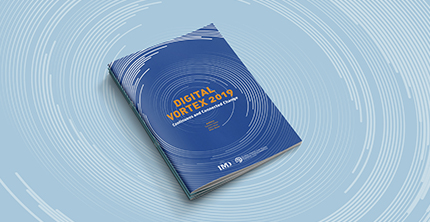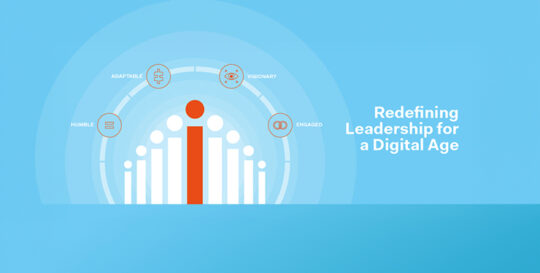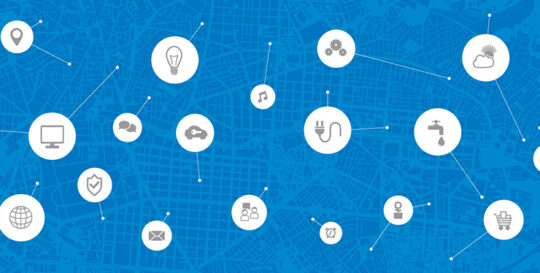


Our research informs our rich portfolio of digital transformation programs, aimed at equipping you with the latest tools, knowledge, and skills to understand data, harness digital disruption and prepare yourself for a digital future that is happening now.
Research & Insights
Our research informs our rich portfolio of digital transformation programs, aimed at equipping you with the latest tools, knowledge, and skills to understand data, harness digital disruption and prepare yourself for a digital future that is happening now.
Find out more about the topics our research team are currently focused on and who to contact should you wish to collaborate with us or find out more information.
While digital technologies have become essential for business growth, innovation, and operational continuity, they also present ethical dilemmas. Notable among these are concerns over smart devices persistently recording data and the potential biases arising from algorithmic decisions. We look into the unique characteristics of digital technologies, their associated ethical issues, and the foundational elements required for embedding digital responsibility in corporate structures. The research underscores the importance of addressing these dilemmas to ensure that technological advancements align with ethical standards.
Contact Tomoko Yokoi for details.
Digital disruption is a global force that impacts industries worldwide, albeit to varying degrees. Our ongoing research since 2015 has focused on understanding how different industries are affected by this phenomenon and how organizations are responding to these trends. To date, we have produced five comprehensive “digital vortex” reports. Moving forward, we will expand our study to track the evolution of digital disruption across industries and provide tailored reports for specific industries, as well as countries and regions.
Contact Jialu Shan for details.
Generative AI has taken the world by storm, and we are only starting to understand its implications for employee performance. We contribute to this line of work by examining the impact of using Generative AI on individual productivity and job quality. We also identify additional factors that influence this relationship and provide a series of recommendations to maximize the benefits that come with using Generative AI applications.
Contact Lazaros Goutas for details.
AI is undoubtedly transforming modern organizations. However, the results concerning the success of introducing AI in the workplace remain inconclusive. Moreover, uncertainty exists with regards to how AI should be introduced in strategic decision-making processes, i.e., whether AI should augment decision-makers, or if part of decision-making should be fully delegated to AI algorithms. We addresses these problems initially by examining whether the introduction of AI improves strategic decision quality. Second, we join the automated/augmented AI debate by arguing that in order to maximize benefits, the different types of AI should be adapted to the diverse cognitive styles of decision-makers. Last, we provide insights and recommendations into to the optimal configurations for introducing AI in the workforce.
Contact Lazaros Goutas for details.
Pretty much every organization is nowadays investing on its digital and environmental transformation in one way or another. However, little is known as to whether these efforts have an actual impact on financial performance. We address this gap first by creating a typology of firms depending on where they stand on their digital and environmental transformation. We then test the impact of these dimensions on performance in a panel of publicly listed US firms. Last, we provide a series of recommendations on how companies can ramp up their digital sustainability programs.
Contact Lazaros Goutas for details.
The divide in terms of accessing financial services in rural areas remains a chronic challenge in developing countries. In this study, we explore whether additional investments in wireless Broadband Infrastructure (BBI) can reduce this gap. We further explore factors that moderate this relationship. Our study is based on a dataset that includes geocoded information on the inventory of wireless BBI in Nigeria, as well as a market survey carried out by Africa’s largest mobile operator. We exploit geographical information in both datasets to specify a novel microspatial measure of BBI access. Last, we provide a series of policy recommendations on how to reduce the digital divide in rural areas.
Contact Lazaros Goutas for details.













